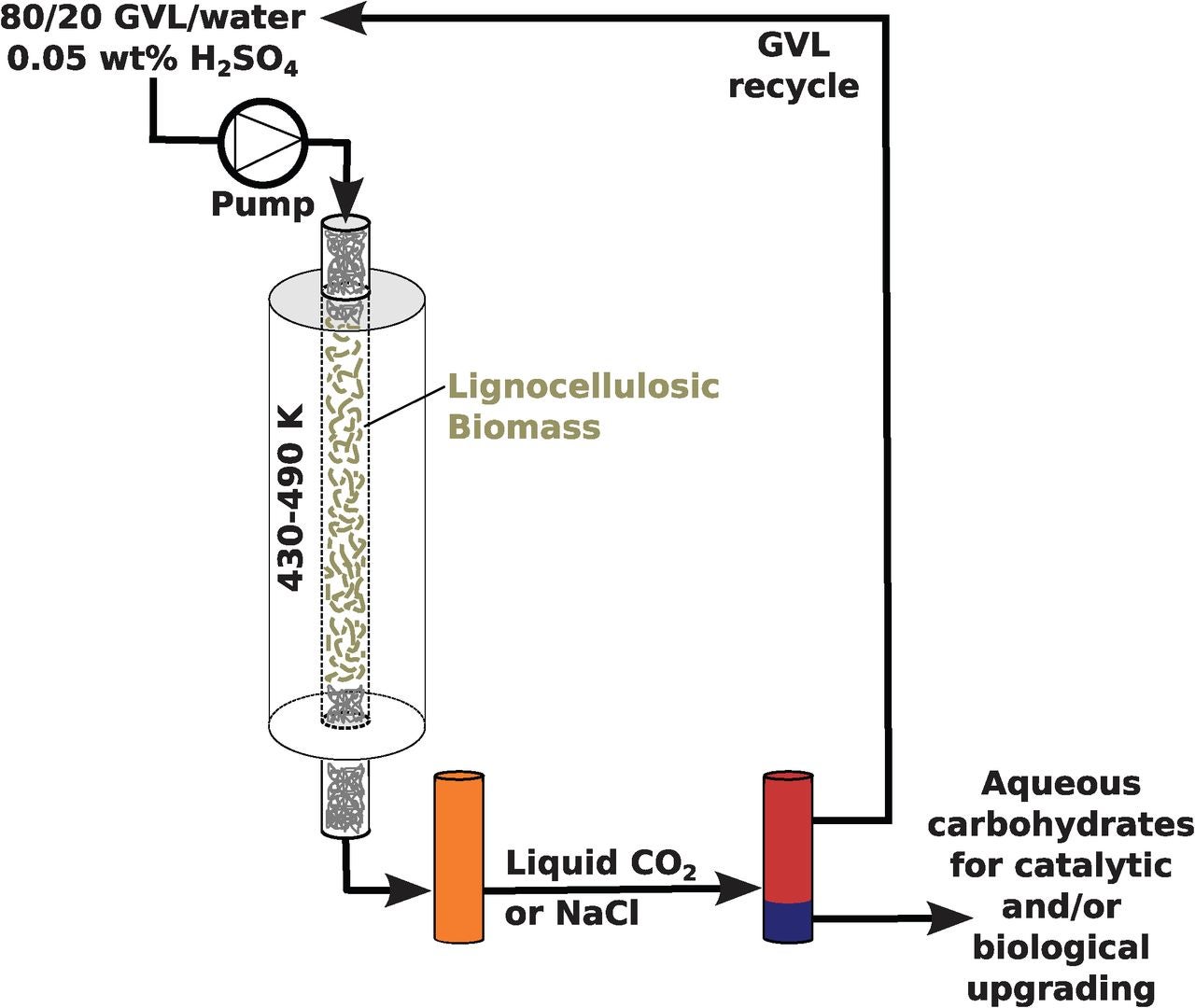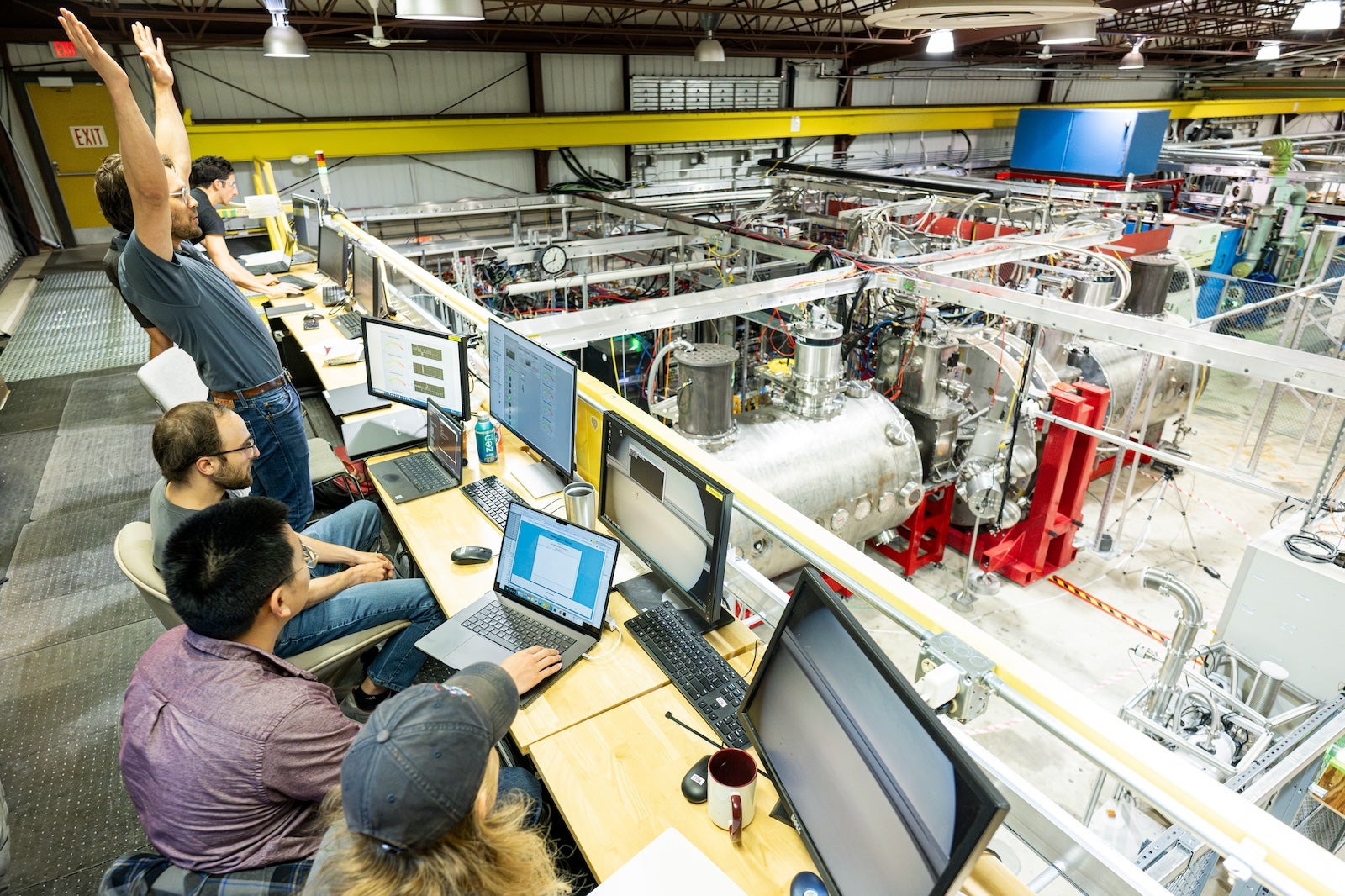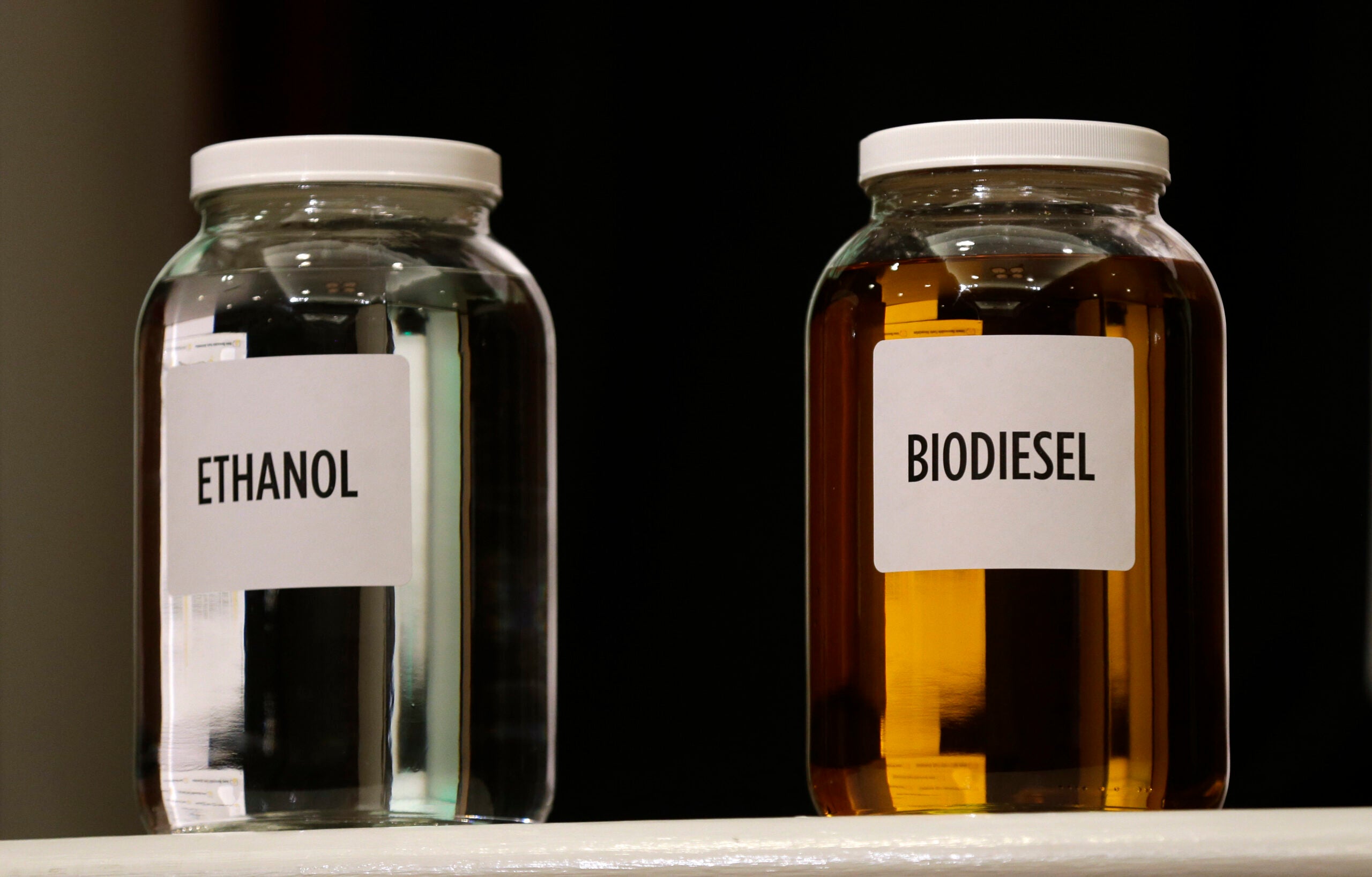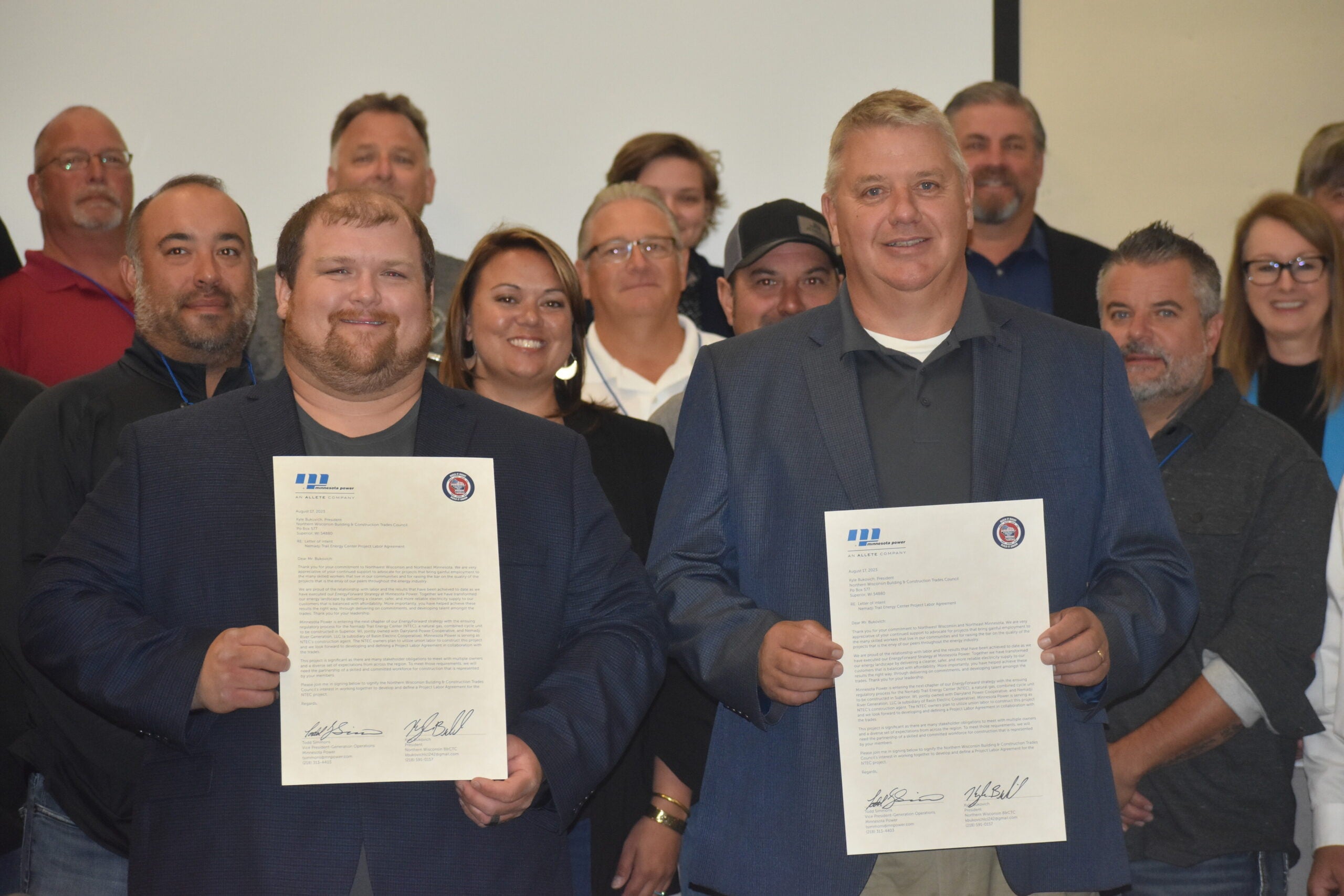University of Wisconsin-Madison researchers said that they’ve developed another way to turn plant material into fuel for items like jet planes.
Converting sugars from plants like grasses or trees into fuel has typically been done with expensive chemicals or enzymes. Now, a UW team has moved ahead with using a solvent created from plants to more economically deconstruct the plant material and produce sugar.
Jeremy Luterbacher, the lead author of a paper published Friday in the journal Science, said the solvent is called gamma valerolactone, or GVL.
Stay informed on the latest news
Sign up for WPR’s email newsletter.
“By using this solvent, we seem to be able to obtain results that are almost as good or just as good even while using very very low acid concentrations,” Luterbacher said, “because it seems like this solvent promotes deconstruction of plants.”
When the plant is broken down, the GVL has to be removed again, usually by adding liquid carbon dioxide. Then, the GVL is recycled. Luterbacher said providing another option for converting plants to biofuels could help lead to commercial production of jet fuel in another two to five years.
Luterbacher said other factors might be beyond the scientists’ control.
“Developing biofuels is something that, at least in the short term, is inherently dependent on petroleum prices and how much the government is willing to support renewables,” he said.
The National Science Foundation and U.S. Energy Department’s Great Lakes Bioenergy Research Center are funding the biofuels research.
Wisconsin Public Radio, © Copyright 2025, Board of Regents of the University of Wisconsin System and Wisconsin Educational Communications Board.





